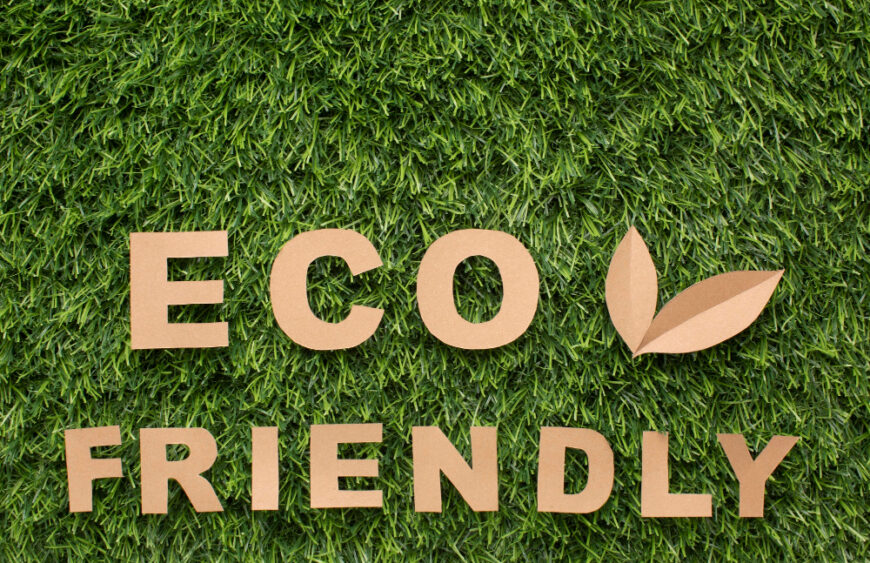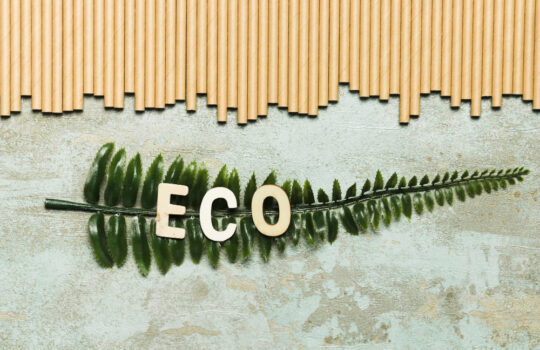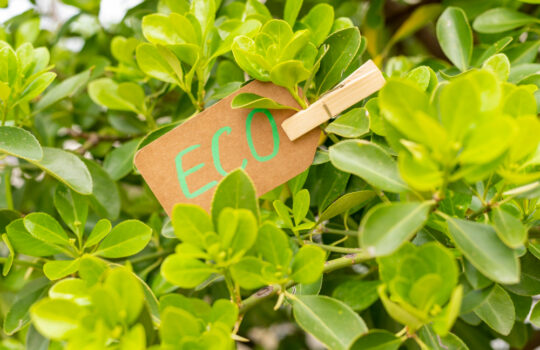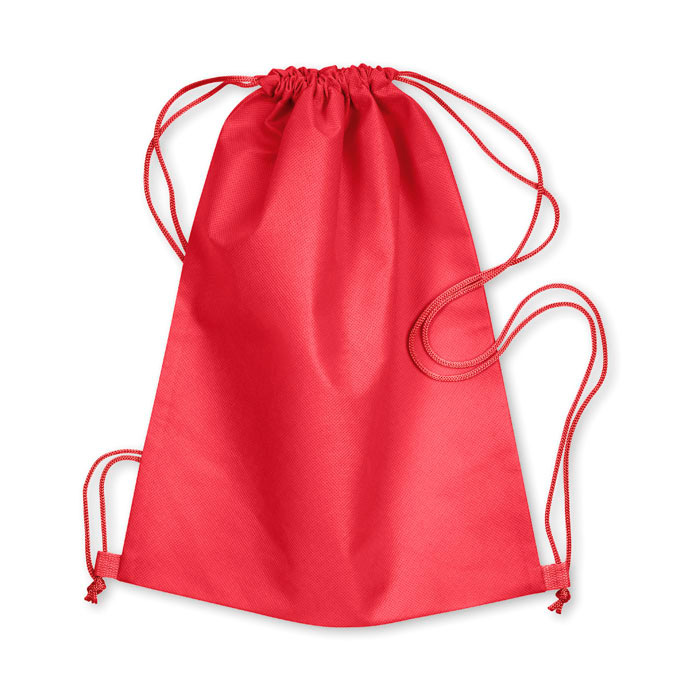Introduction: Plastic pollution is a global environmental crisis, with devastating effects on marine life, ecosystems, and human health. Fortunately, simple changes in our daily habits can make a significant impact. One such change is opting for eco-friendly alternatives like non-woven bags. In this blog post, we’ll explore five ways non-woven bags help reduce plastic pollution and why they’re an essential part of the solution.
- Reusable Nature: Non-woven bags are designed to be durable and reusable, unlike single-use plastic bags. By choosing non-woven bags for your shopping needs, you can significantly reduce the amount of plastic waste generated. Each non-woven bag has the potential to replace hundreds, if not thousands, of disposable plastic bags over its lifespan.
- Biodegradability: Unlike traditional plastic bags that can persist in the environment for centuries, non-woven bags are often made from biodegradable materials or materials that break down much faster. This means that even if a non-woven bag does find its way into the environment, it will eventually decompose, minimizing its impact on ecosystems.
- Reduced Production of Virgin Plastics: The production of plastic bags requires the extraction of fossil fuels and the release of greenhouse gases, contributing to climate change. By opting for non-woven bags, which are typically made from recycled materials or sustainable alternatives like plant-based fibers, we can reduce the demand for virgin plastics and lower our carbon footprint.
- Prevention of Marine Pollution: Plastic bags are among the most common types of marine debris, posing a severe threat to marine life through ingestion and entanglement. Non-woven bags, on the other hand, are less likely to end up in oceans and waterways due to their reusable nature and durability. By choosing non-woven bags, we can help prevent marine pollution and protect vulnerable marine ecosystems.
- Promotion of Sustainable Practices: Using non-woven bags sends a powerful message about the importance of sustainable living and responsible consumption. When customers see businesses and individuals opting for eco-friendly alternatives, it encourages them to rethink their own habits and make more environmentally conscious choices. By leading by example, we can inspire others to join the fight against plastic pollution.
Conclusion: Non-woven bags play a crucial role in reducing plastic pollution and promoting a more sustainable future. By choosing these eco-friendly alternatives, we can minimize our environmental footprint, protect marine life, and contribute to a cleaner, healthier planet for future generations. Let’s embrace the power of non-woven bags and make a positive impact on the world around us.





